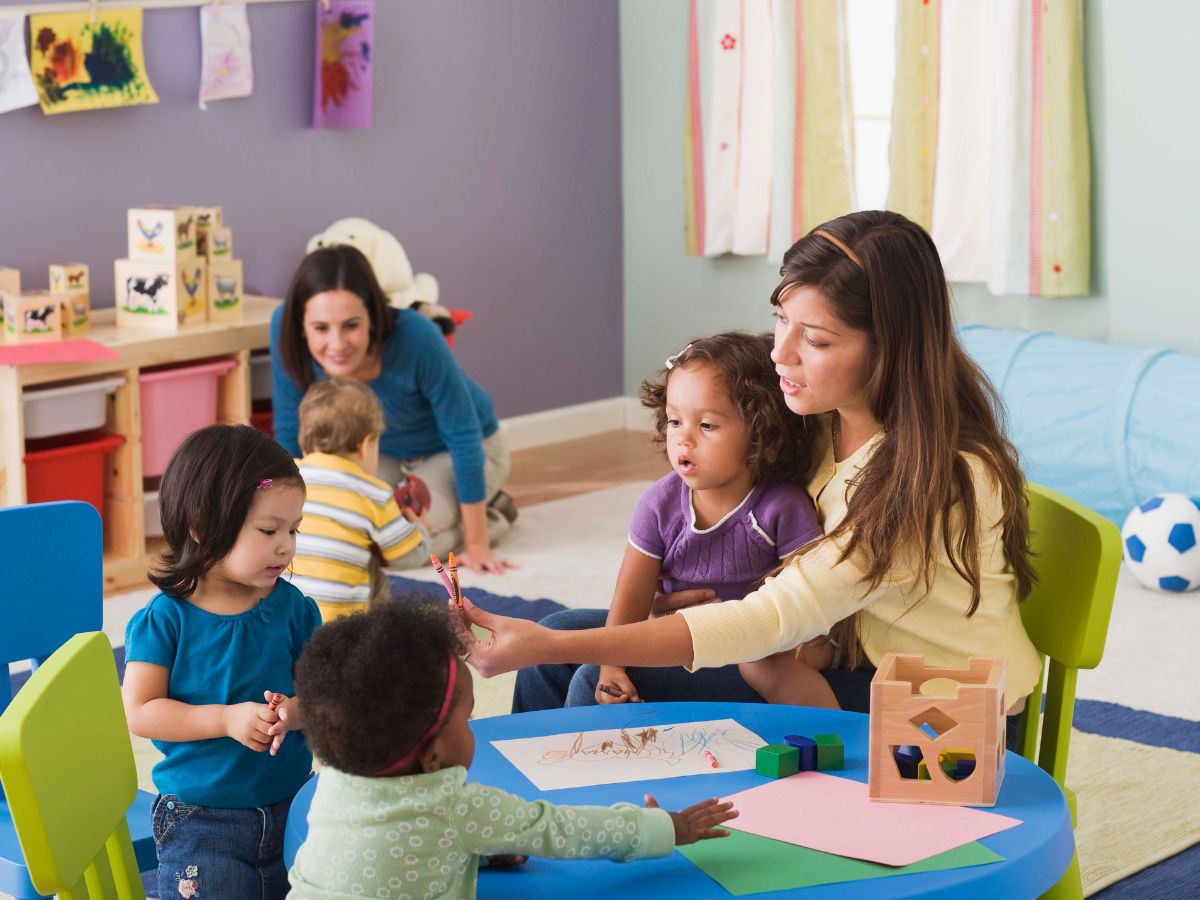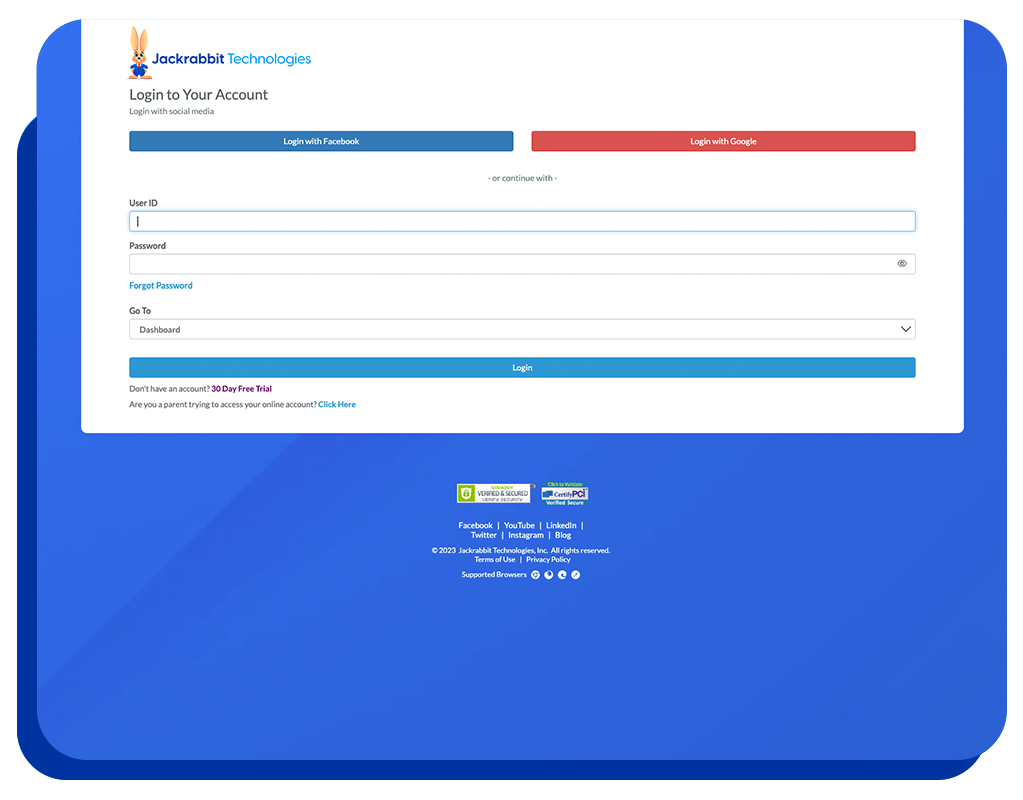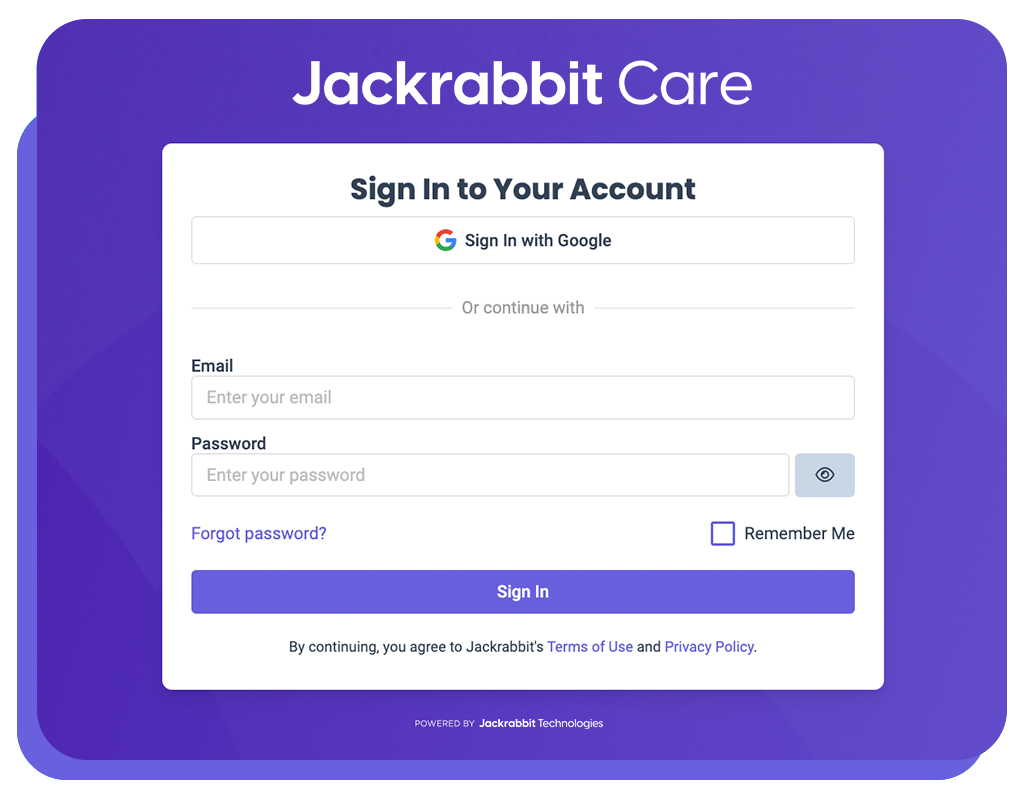While some parents are super-involved in the curriculum at the child care center they trust with the growth and well-being of their children from day one, others hardly stick around long enough to know what the inside of the classroom looks like. It’s understandable for busy parents to be excited about getting a break. Or, on the other hand, for working parents to have to rush out to work – but, if they knew how beneficial involvement in their child care program was, they might find the time to be a little more involved.
As the leader of a child care center, you have a great responsibility to not only mold the young minds of the children enrolled in your center but to help parents connect with their children and be as involved as they can be in their child’s program.
When a parent is involved in their child’s program, the lessons the child learns in the classroom will naturally extend beyond the classroom as they explain and apply them to real-life situations. Children are also more likely to perform better in school and have more positive school experiences when a positive feedback loop forms between home and school. There are plenty of ways to improve parent engagement at your child care centers – here are ten of the best.
10 Ways to Increase Parent Engagement at Your Child Care Centers
From community involvement to school events, in-school tips, outreach efforts and more, here are ten of the best ideas for increasing parent engagement at your child care centers.
1. Leverage mobile apps.
Using a mobile app for your school is a great way to keep parents informed about everything from general knowledge and fun facts to school closings and important announcements. Mobile apps offer a convenient way for parents to stay connected while they’re on the go, and you can even use them to help parents track their child’s progress.
2. Publish a school calendar with the events for the whole year on it.
Go old-school or high-tech and publish a school calendar for the year with all the events you have planned clearly listed. You can get creative and make up an interactive or downloadable calendar online or go old-school and print out calendars for parents who like to hang them up somewhere convenient at home. No matter how you choose to do it, a calendar is a great way to help parents stay organized and plan their involvement in classroom activities throughout the year.
3. Have parent meetings somewhere other than at the school.
When it comes time to have a parent-teacher meeting, offer the option to meet parents somewhere outside of school. Parents are more likely to look forward to the meeting if it’s somewhere they enjoy going, such as a restaurant, park or other outdoor location. It might also be more convenient for them if they’re busy and don’t have time to make it into the school.
4. Hold open houses several times a year.
Open houses are a great way to get parents into the classroom and show off what the kids have been doing. Not only do they get the kids excited to show off their work and get praise and attention from their parents, but they also offer you the opportunity to meet and talk with parents that you don’t get to meet with very often. Use the opportunity to mention upcoming events or other activities that parents may want to be involved in.
5. Have “brown-bag” meetings.
Brown-bag meetings are informal meetings that take place around lunchtime. During this quick, quiet time, you can briefly discuss child development topics. It offers an opportunity to get parents up to speed and get their input on areas they think their kids can use improvement.
6. Offer parenting classes in the evening.
If you have a particular skill that extends beyond your center’s curriculum, offer parenting classes in the evening to teach what you know. You can offer classes on writing or art classes to help parents get their creative juices flowing. It’s a great way to help them connect with one another and get to know you outside of the center’s environment. Teaching parenting skills ranging from education to dealing with emotions and stages of growth is another opportunity to share the knowledge you have to offer in an evening setting. It can be a great community builder for your center!
7. Have a reward system for the parents who get involved.
Put a reward system in place, like a Hall of Fame, for example, and highlight the parents who go above and beyond to be involved in the curriculum or extra-curricular activities. This is an excellent way to show them that you appreciate their efforts and involvement and it’s an excellent incentive to get other parents involved as well.
8. Honor diversity.
Faculty who are sensitive to different cultures build stronger relationships with the parents and families that are part of the community. Hold various events and activities throughout the year to honor diversity by teaching children about culture and history and setting up ways for them to display what they’ve learned.
9. Build events that every parent can attend.
Not all parents can take off from work and be there for the 10 a.m. reading of their child’s poem. For the parents who want to be more involved but have to work and take care of other essential responsibilities, make sure you schedule events during off-hours so working parents can see their child’s progress. Some good ideas would be plays or art showings in the evenings or fundraisers and other fun activities on the weekends.
10. Reach out to new families and keep them informed about your child care program.
Engagement can extend beyond the parents of children who are currently enrolled at your child care centers. There are many ways to reach out to new families and ensure they’re informed about your child care program. Holding fundraisers, community events and inviting the public to see performances or art shows put on by your current students are all great ways to spread the word about your program and connect people in your community.
You can’t expect every parent to get involved in your curriculum from day one. The good news is there are plenty of ways to entice them and help them feel more at ease with becoming engaged in the curriculum at your child care center. Whether parents are busy, nervous or simply don’t understand the impact their presence can make, you can use the tips above to help guide them along with their children to create an atmosphere of growth and learning that extends far beyond the classroom.















